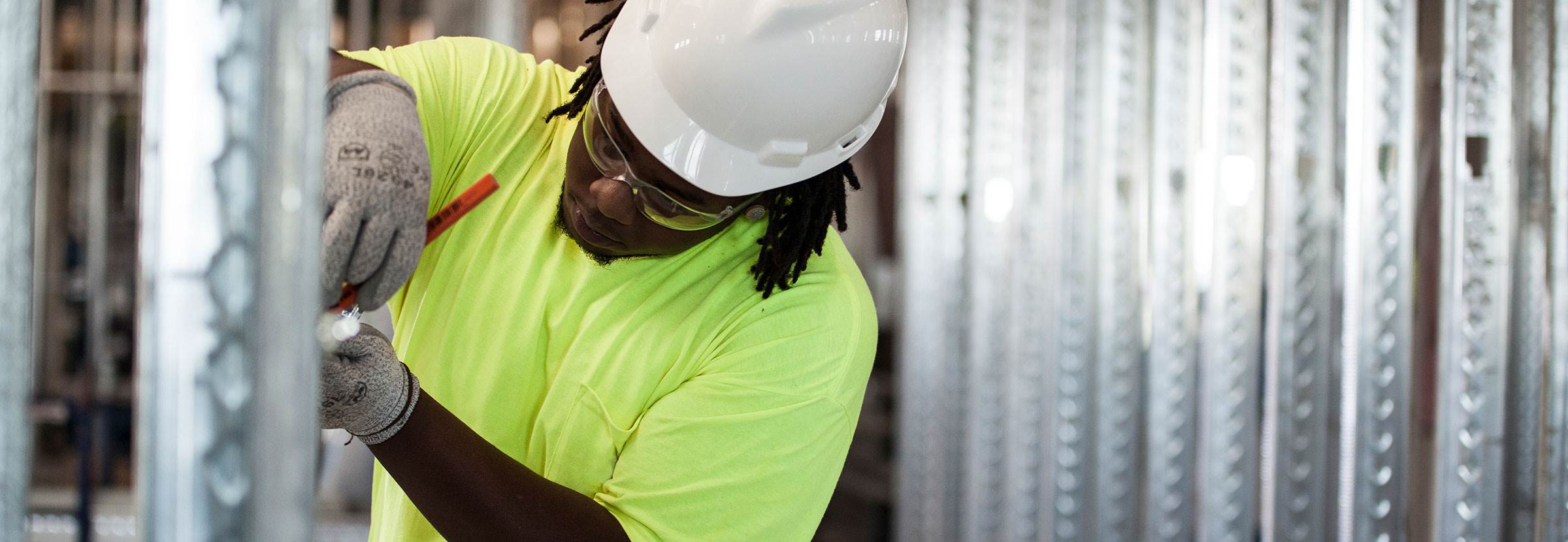SBA Publishes Proposed Rule Containing Construction-Specific Updates to Requirements for Its 8(a) Business Development Program
The Small Business Administration (SBA) published a proposed rule to update ownership, control, and contractual requirements for its 8(a) Business Development program.
Businesses that participate in the 8(a) program receive training and technical assistance and business development services, exclusive access to reserved federal contracting opportunities, and an opportunity for direct contract awards. To qualify for the 8(a) program, businesses must meet the following eligibility criteria: (1) be a small business; (2) not have previously participated in the 8(a) program; (3) be at least 51 percent owned and controlled by U.S. citizens who are socially and economically disadvantaged; (4) have a personal net worth of $750 thousand or less, adjusted gross income of $350 thousand or less, and assets totaling $6 million or less; (5) demonstrate good character; and (6) demonstrate the potential for success, such as having been in business for two years. Certification under the 8(a) program lasts for a maximum of nine years. The first four years are considered a development stage and the last five years are considered a transitional stage. Continuation in the program is dependent on staying in compliance with program requirements.
Of particular note, the proposed rule includes a number of construction-specific provisions. To this end, the SBA’s “ostensible subcontractor rule” holds that a small business which “is unusually reliant” on a subcontractor may be deemed affiliated for size determination purposes. Through this proposed rule, the SBA aims to clarify how the ostensible subcontractor rule should apply to general construction contracts. The SBA notes that general construction types of contracts regularly involve subcontractors with specialized experience in the specialty construction trades. The primary role of a prime contractor in a general construction project is to superintend, manage, and schedule the work, including coordinating the work of various subcontractors. Those are the functions that are the primary and vital requirements of a general construction contract and ones that a prime contractor must perform. Although the prime contractor for a general construction contract must meet a limitation on subcontracting requirement, the SBA recognizes that subcontractors often perform the majority of the actual construction work because the prime contractor frequently must engage multiple subcontractors specializing in a variety of trades and disciplines. As such, the SBA believes that the ostensible subcontractor rule for general construction contracts should be applied to the management and oversight of the project, not to the actual construction or specialty trade construction work performed. The prime contractor must retain management of the contract but may delegate a large portion of the actual construction work to its subcontractors.
The proposed rule also includes several clarifications to the “bona fide place of business” requirement contained in its 8(a) program regulations. Section 8(a)(11) of the Small Business Act requires that to the maximum extent practicable, 8(a) construction contracts “shall be awarded within the county or state where the work is to be performed.” The SBA has implemented this statutory provision by requiring a participant to have a bona fide place of business within a specific geographic location. The SBA has previously clarified that the Small Business Act does not differentiate between sole source 8(a) construction contracts and competitive 8(a) construction contracts. As such, the statutory “maximum extent practicable” requirement applies equally to sole source and competitive 8(a) contracts. That said, the SBA acknowledges that some have expressed the view that the “to the maximum extent practicable” statutory language should be read in a way that affords procuring agencies the discretion to broaden or do away with the bona fide place of business requirement where they deem it to be appropriate. The SBA disagrees that the statutory language affords such flexibility. Thus, the SBA states that it will continue to apply the bona fide place of business requirement to both sole source and competitive 8(a) construction procurements unless SBA determines that it is not “practicable” to do so.
Comments are due by November 8, 2022 and can be submitted here using RIN 3245-AH70.
© 2024 Signatory Wall and Ceiling Contractors Alliance (SWACCA). All rights reserved.
